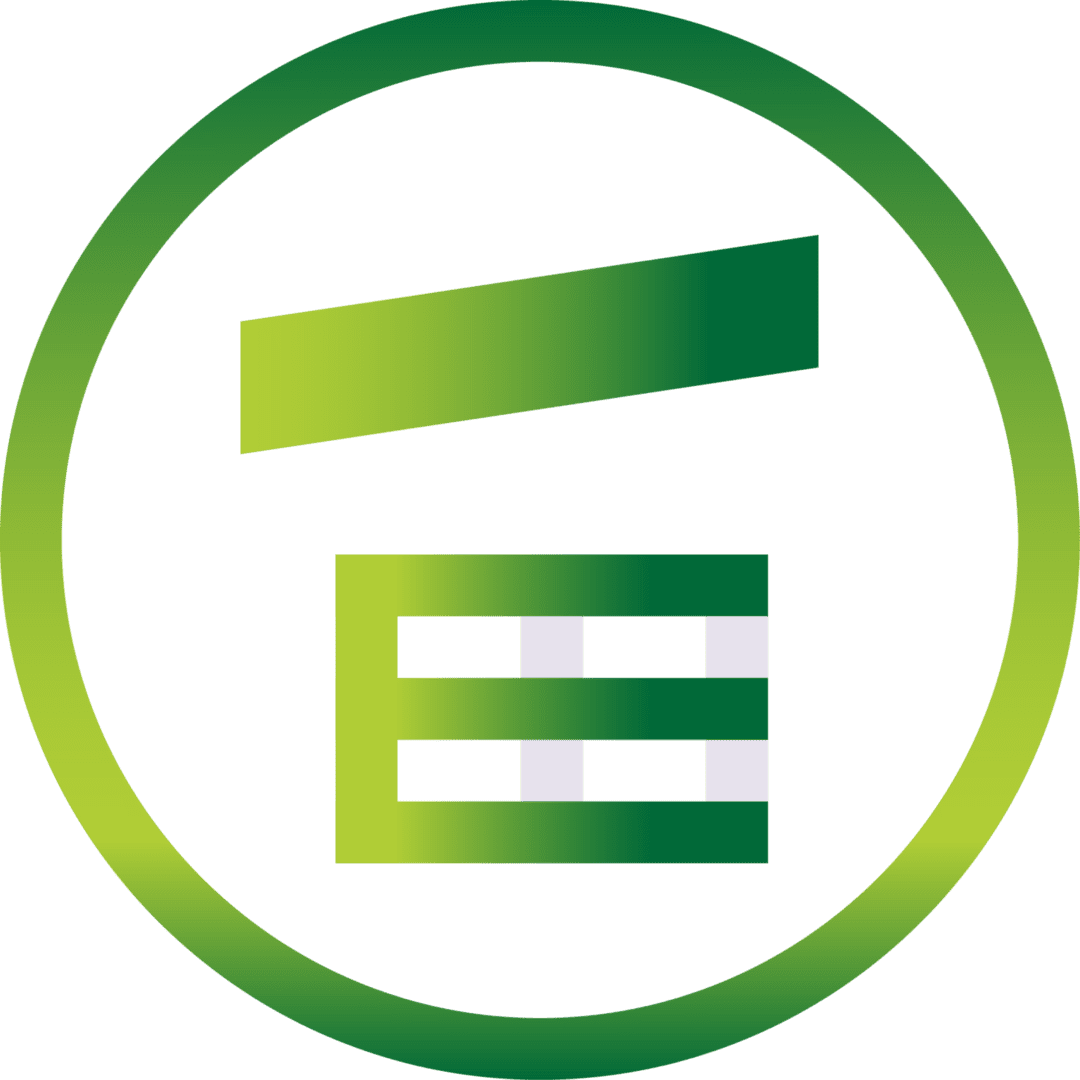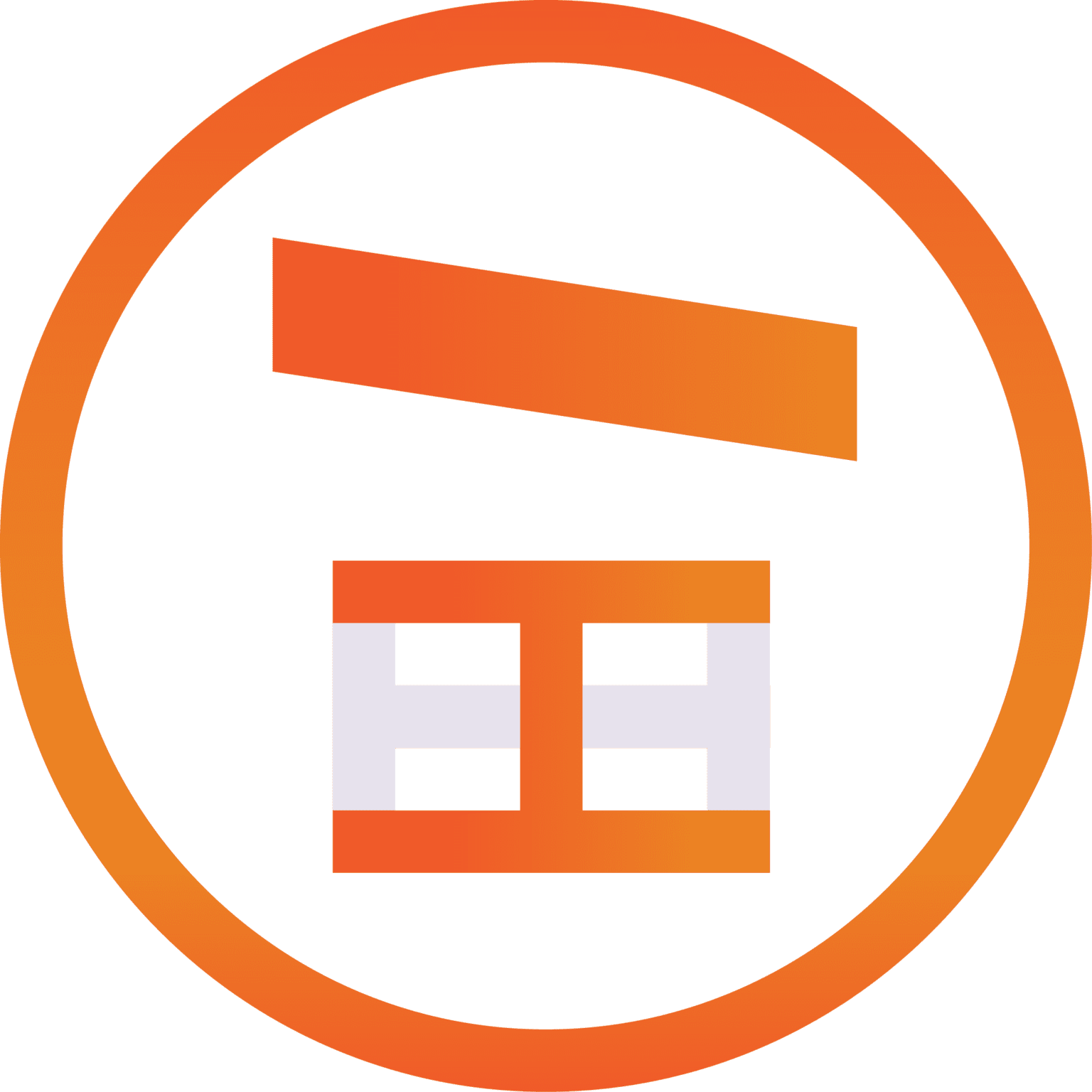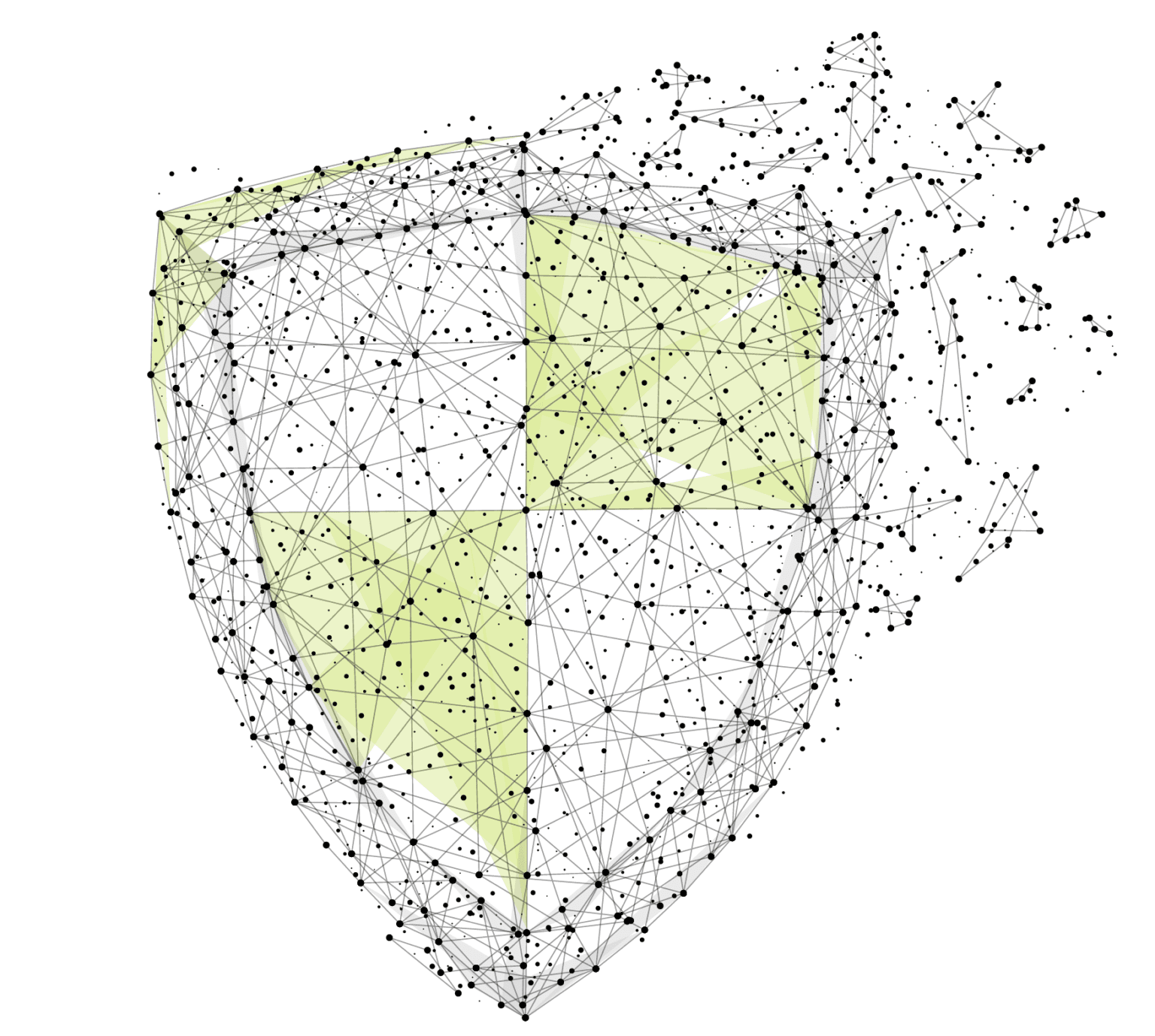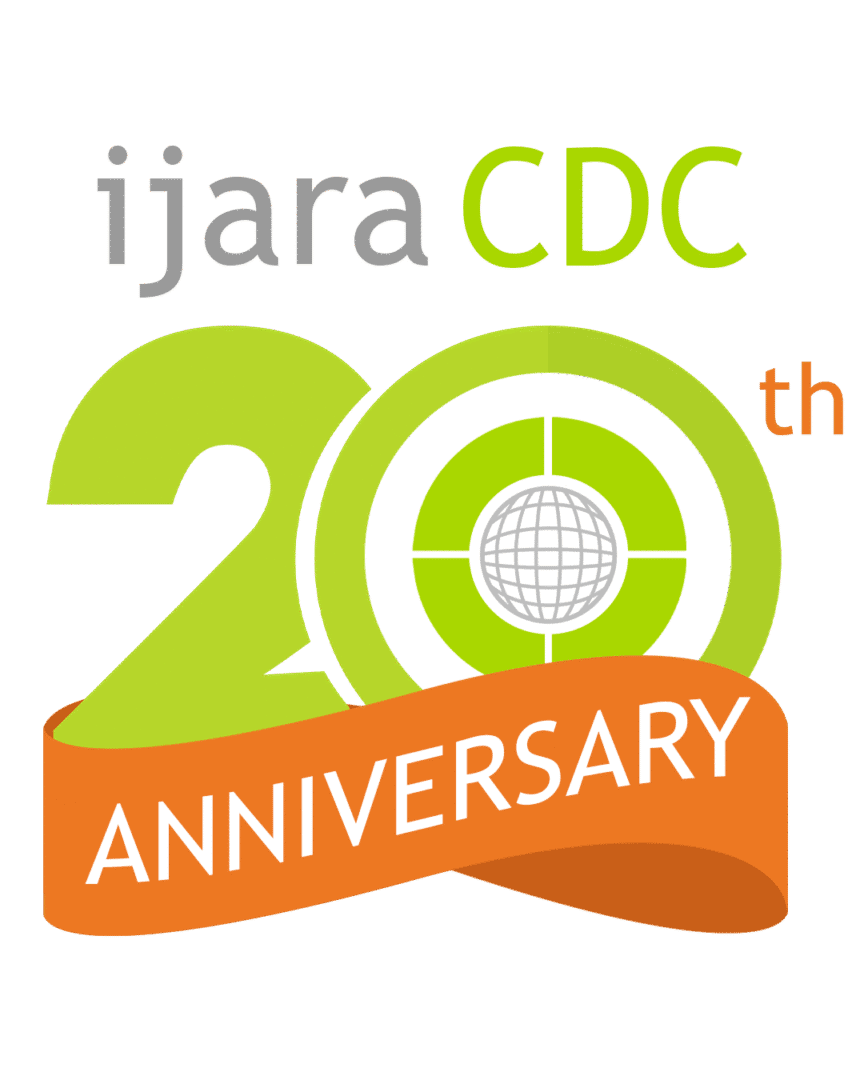An Alternative Way to Home Ownership
What is DeFi?
DeFi is short for “decentralized finance,” an umbrella term for various financial applications in cryptocurrency or blockchain.

Ethical Token
The Ethical Finance (ETHI) token represents a share of a tax-deductible donation made to Ijara CDC for the acquisition of an asset. The Ethical token is tradable on several exchanges, allowing donors to participate in Lease to Own transactions through its exchange to zETHi and participate in potential growth in the value of their zETHi tokens.

Ijara Token
The Ijara token (IJA) is a grant or subsidy that you as the tenant are earning as a reward for making on-time and full payments. This subsidy is designed to help you build wealth by accumulating IJA tokens.
The Ijara token is also tradable on several exchanges, this serves several purposes:
1) it allows the tenant to buy and sell Ijara tokens, much like having a HELOC;
2) it allows the tenant to have the potential to participate in the prospective gains that can occur in the Crypto marketplace.
3) The IJA token can be traded for several things ie: Solar Panels (could be Tesla Solar Roof), Kitchen remodel, Hajj or Umrah trip, could even be used for retirement or education funding, and/or other items to be determined along with the number of tokens required to redeem, much like a points reward program.
No matter what happens to the value of the Ijara token, the value of the Tenants contribution to the Purchase Option in the Real Estate is not affected. Since the two values are independent, the downside is limited to the unlikely collapse of the Real Estate market and the Ijara token. The upside is that the tenant can choose to take the gain in the Real Estate market or the Crypto market.
How It Works

Secured By US Real Estate
Ijara CDC purchases the properties funded by the Ethical Finance Token and leases the properties to qualified Tenants. The real estate that is purchased is based in the USA.

Security Expansion
We intend to expand the Ijara CDC portfolio to include Real Estate in Canada, England and other countries with stable real estate markets.
The ABC’s of Ethical Finance
Ethical finance is also called sustainable finance. It’s a term that takes into account several factors. It involves transparency in the environmental, civic, and social aims of any of the projects it finances.
In other words, it is about the intersection of environmental, social, and financial sustainability. Investing using an ethical finance model involves a social and moral code.
Here’s why it’s an important part of a caring and compassionate society.
- Ethical finance has different important factors like diversity and inclusion as well as working conditions and health and safety under its umbrella.
- Ethical finance also does its part for the natural world. Other elements included concern themselves with energy efficiency, the treatment of waste, and climate change.
- The governance aspect includes items like board transparency and independence. Just as important are shareholder rights and relationships with stakeholders, as well as controls on corruption, bribery, and political lobbying.
Here’s a few examples of the kind of products involved.
- Socially financed projects include programs designed to help with employment or improve user access to affordable housing or essential services. Most recently, short to medium ethical finance is beginning to address issues resulting from the pandemic.
- Ethical finance also covers what is called green loans. This is where money is made available for projects with environmental benefits like renewable energy. Ijara CDC has successfully restructured Solar home projects and can work with almost any Solar provider such as Homeland Power, Powerhome Solar, Tesla Solar Roof or Panels, etc.
The idea also works for people looking for a socially responsible bank loan. For example, if you’re looking for an ethical product when you’re choosing a mortgage, you should tick a few boxes.
A Just Society
For example, ask yourself if the institution you’re looking to do business with is building a just society. Find out if there involved in damaging industries like fossil fuels, mining and nuclear weapons. You should also steer clear of any institutions that are making investments in other industries like the tar sands and fracking industry.
When you go through this checklist, you’ll see that Islamic finance is a clear choice. For starters, the whole principle rests on the notion that money should have no intrinsic value of its own. Read on to find out what that means if you’re looking for a home loan.
Ethical Finance and Islamic Home loans
Islamic home loans are considered halal for several reasons, including forbidding interest payment.
This allows these products to fall under the ethical finance umbrella. There are several different types of Islamic mortgages. One of the more common ones is called a Home Purchase Plan (HPP).
A Certain Percentage
Under one of these socially responsible and sharia-compliant contracts, the consumer buys a certain percentage of the property via an Option to Purchase. The company purchases the rest. The consumer pays rent on the portion owned by the company.
Gradually, the consumer owns the entire property. Because the transactions are made through rent, not interest, they are considered halal and ethical. This is essentially a rent-to-own model which provides a virtuous path to home ownership, this should not be confused with some rent-to-own schemes that yield exorbitant profits for the Landlords/Financiers.
A Step Further
In a traditional HPP plan, if the tenant walks away, they lose everything they have paid in. In the Ethical Ijara model, a tenant can walk away from their equity and hold on to their equity tokens, this make the ETHi – IJA model a much fairer and more principled approach to traditional lease to own financing or traditional mortgage financing.
#DECOM
#DECOM stands for Decentralized Common Sense. What exactly do we mean by that? Traditional mortgage financing employs a whole set of rules or guidelines that are referred to as Fannie Mae or Freddie Mac guidelines or Agency guidelines in the mortgage industry. These guidelines are designed to protect the respective agencies that are purchasing loans. In addition, there are other regulatory guidelines that penalize institutions for not having “overlays”, which means if a lending institution is not more strict than the Agency guidelines, they may have to pay severe penalties, including losing their lending licenses. This, of course, does not bode well for many consumers as they cannot meet these strict requirements, which often leads to predatory opportunists that offer very expensive rent-to-own programs that appeal to the homeownership goals of a consumer
This is where #DECOM enters the picture. For example, a consumer has been paying $1500 monthly rent for a 3-bedroom apartment for the past 4 years. A new home purchase would reduce his payment to $1350 however, he does not make enough income to meet the Agency DTI ratio (Debt to Income) so he needs to continue to rent for $1500 a month and build zero equity. Clearly, though he can afford the payment and has demonstrated that he can make that payment, any Landlord would be happy to have him as a Tenant. This consumer is stuck in an endless cycle of remaining a Tenant with no hope of becoming a homeowner and securing his part of the American Dream.
So using our philosophy of Decentralized Common Sense (#DECOM), we would be able to offer an affordable rent-to-own program, saving this customer $150 a month in rent payments, allowing them to acquire a home that they pick, whether it’s a single-family home with a yard or a Condo with no maintenance. And they would be able to choose participation in the appreciation of the real estate or the appreciation of the IJA token.
A Portable Mortgage
In some areas, the concept of Portable Mortgage is popular. In Canada, for example, many banks offer a Portable Mortgage. This is where you can move your mortgage from one property to another, keeping the same rates and terms with little or no closing costs compared to a new transaction, provided that you sell the home first, then move the mortgage simultaneously to a new home.
This concept can apply easily in the ETHi – IJA model, a consumer would simply transfer their IJA (equity) Tokens to the new property, and ETHi holders would fund the new home purchase, provided that the Tenant met the criteria.
Governance
ETHi – IJA has basic guidelines that have been established for purchasing properties and selecting Tenants. These guidelines are subject to change based upon Governance rules, as are exceptions to these guidelines. Any transaction that falls outside of the guidelines would be subject to a Governance vote of all ETHi-staked Token holders.
Philanthropy
We understand that everyone reach’s what we call Donor Fatigue, a state where you have reached the maximum donations you can give. There is also a concept of Qard Al Hasan, which is essentially a non-interest-bearing loan that can be given to a non-profit or charity organization. This loan is paid back at some point but is not a hard commitment. When a donor making this type of loan needs to get paid back, the charity puts forward its best efforts to do so, if they are unable to, there is no penalty. For this reason, many donors are unwilling to make such a charitable loan and cannot donate any more for the year since they have reached their maximum ability.
Enter ETHi Philanthropy, an ETHi token holder can stake their tokens in a Staking Pool that allows them to donate the staking rewards to a non-profit that has registered with us. These rewards are earned through income generated through our rent-to-own Ijara structure. Consider these Staking Pools to be flexible Endowments. The charity gets the benefit of income for as long as the donor, which is now a token holder, wants to stake their tokens. Whenever a financial; need arises, the donor/token holder simply withdraws their tokens and sells them.
We have a proposed pool, for example, ETHi UNHCR, where the benefits go to the United Nations High Commissioner for Refugees.
Have an Organization you wish to Enroll? Contact Us
When is the Launch?
Ethical and Ijara are currently in Pre-launch.
ETHi is now available on the Mainnet, the ETHi address is 0xF708DbE00198D97E083fF77B8F506Be38423Ec99, and can be stored in a MetaMask Wallet.
If you would like to save on transaction fees you can simply follow these steps:

Send POL to Wallet Address: 0x864A748bB6584Ae49cd61952ef8D6543261D94A8

Send us a copy of the receipt and your Metamask address to shoeb@ijaracdc.com

We will then deposit ETHi tokens to your wallet.
If you are interested in participating, please reach out via email. and we can assist you in getting the token directly at pre-sale terms with lesser transaction fees.
Why Buy at Pre-Sale
We are currently offering ETHi buyers during the pre-Sale that hold their tokens for 12 months a 10% staking bonus in the form of ETHi tokens, so if you were to stake 10000 ETHI tokens, 12 months later, 11000 ETHi tokens would be released.
Buying before something becomes publicly available is sometimes a good strategy. Of course, there is always a risk, but over the long term, a viable project usually yields a good result.
Take the following examples that we have been studying. the following charts can be found on DEFI Pulse
Now we are not saying that our Tokens will have the same results, but a $10000 investment at the start of these projects in 2020 today (Oct 22,21) would be worth:
AAVE $80,693.67 Purchased 253.16455 shares at $39.5, as of Oct 22,21 it was trading at $318.74
MKR $57,845.14 Purchased 22.3974 shares at $446.48, as of Oct 22,21 it was trading at $2,582.67
YFI $378,920.50 Purchased 11.0253 shares at $907, as of Oct 22,21 it was trading at $34368.09



